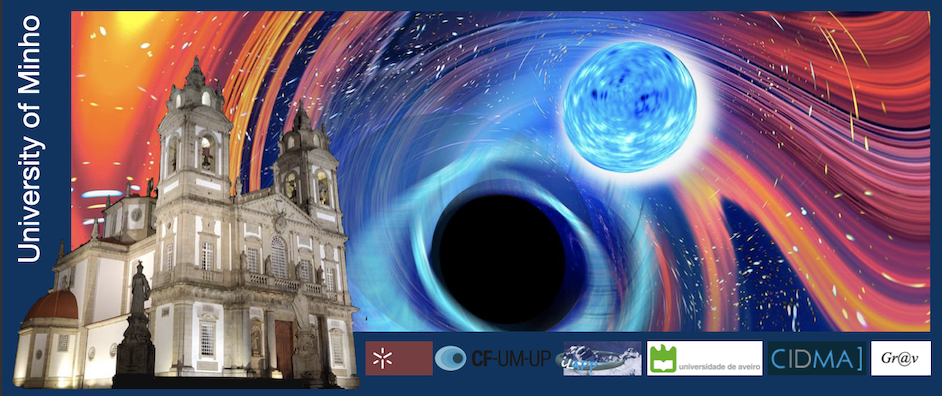Speaker
Description
Boson stars are hypothetical but widely considered exotic compact objects known as ``black-hole mimickers” whose mergers may produce gravitational-wave emissions observable by current ground-based detectors like Advanced LIGO and Virgo.
We need ways to tell different types of compact bodies apart, and universal relations are excellent tools for this purpose since they allow us to know the external gravitational field of particular types of compact stars. Therefore, having universal relations for rotating boson stars would help us to identify these objects and lift possible degeneracies with other compact stars.
We show that the moment of inertia I, the (dimensionless) angular momentum $\chi$, and the quadrupole moment Q of rotating boson stars obey a universal relation, valid for a wide set of boson-star models. Further, the obtained $I-\chi-Q~$ relation clearly differs from its famous neutron star counterpart. In GW observations, this provides an unequivocal diagnostic tool to distinguish boson stars from ordinary compact stars or other celestial bodies. Such universal (i.e. model-independent) relations also provide a valuable tool to probe the strong gravity regime of general relativity and to constrain the equation of state of matter inside compact stars.
| Which topic best fits your talk? | GW Theory and Fundamental Physics |
|---|
